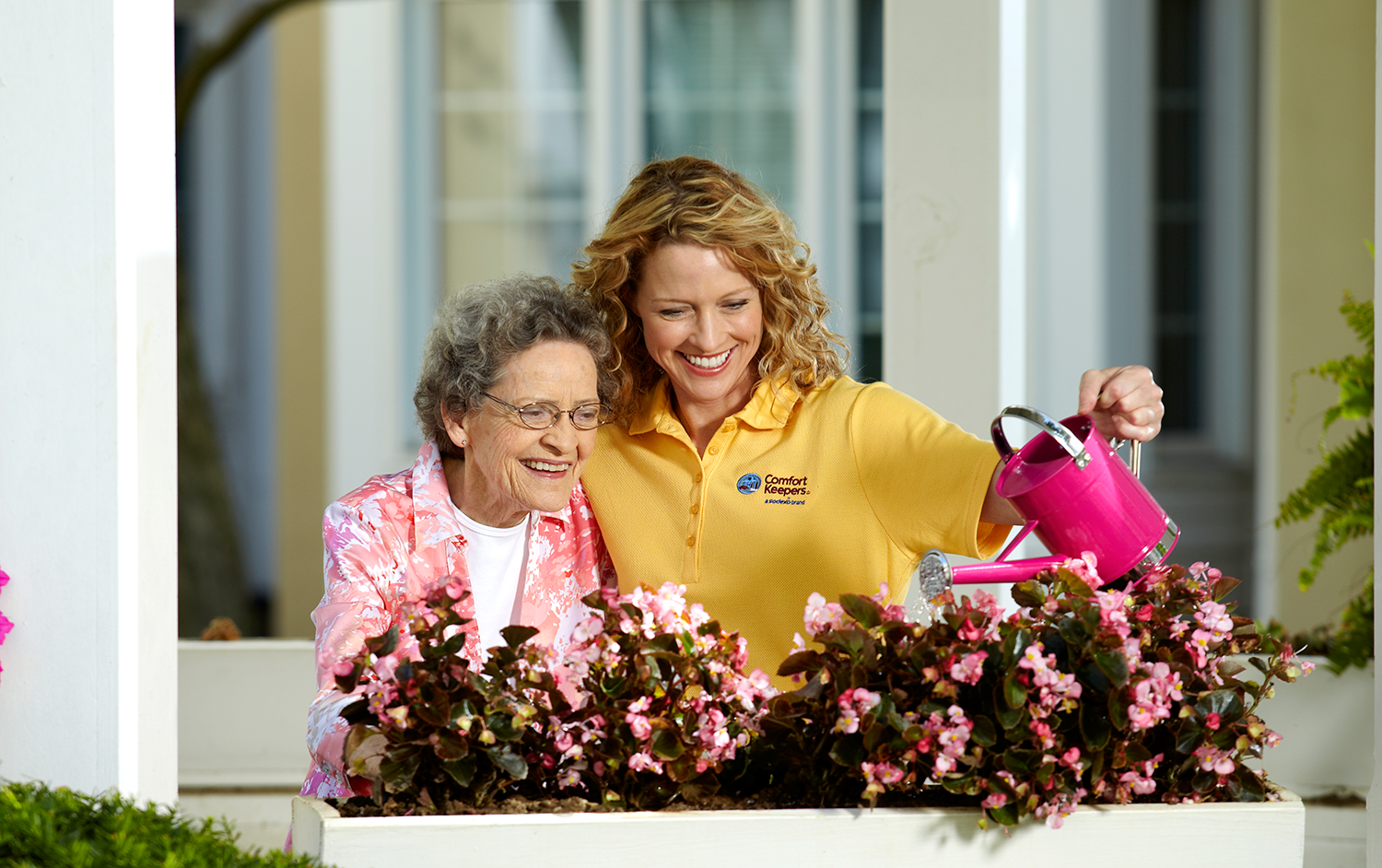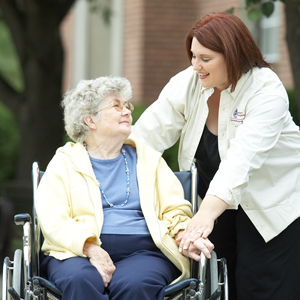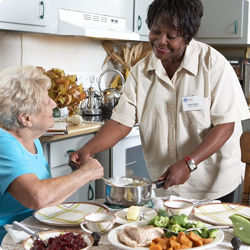Caregiver Tips for Managing Dementia-Related Behaviours
Blog | February 2, 2017
Tips for Managing Dementia-Related Behaviours
While many of us think of memory loss as being the most distinctive characteristic of dementia, many other mental processes can be affected. Changes in behaviour and personality can be especially distressing to caregivers of loved ones with dementia, who may struggle to understand, manage, and come to terms with difficult new behaviours.
Monitoring Changes
Keep your loved one’s health care provider informed of changes in behaviour, as in some cases, there may be an underlying medical cause, or a specific treatment that can alleviate symptoms.
Keep a record of new behaviours with information such as the time of day, and circumstances under which the behaviour occurred. This may help you identify patterns and triggers that you can learn to work around together.
Go With the Flow
Be mindful that changes in behaviour and personality due to dementia are due to changes in the brain that are not within your loved one’s control. Where appropriate and possible, accommodating new behaviours may be less distressing on everyone than trying to change them.
For example if your loved one tends to get agitated and is compelled to wander at a certain time, appoint someone who is available at that time to go for a walk with them. If a loved one frequently empties the pantry looking for something, develop an activity that satisfies that need.
Reducing Problematic Behaviours
You may encounter behaviours are inappropriate or dangerous, such as sexually inappropriate behaviour or aggression. In addition to engaging your loved one’s health care provider and keeping a record, develop an action plan to implement when these behaviours arise, and share it with other caregivers.
This plan may include what you will say to your loved one and others present, and ideas for redirection in different scenarios and places. Identifying potential triggers, such as boredom or frustration, and sharing these with other caregivers can help reduce the frequency of these behaviours.
The Importance of Emotional Support
Validation of strong emotions has long been shown to be more calming than challenging them, which can have the opposite effect. Confusion, paranoia and anxiety can be exacerbated by attempts to correct perceptions, which are very real to your loved one. Provide physical reassurance with a hug or hand-holding, acknowledge their fear, and assure that you are there to help keep them safe.
Minimizing Fear and Anger
The most distressing behaviours often have fear and anger at their root, so creating a calm environment is key.
Individualized Home Care Options
Long-Term Home Care, 24 Hour Home Care & Short Term Care Options Customized for You







